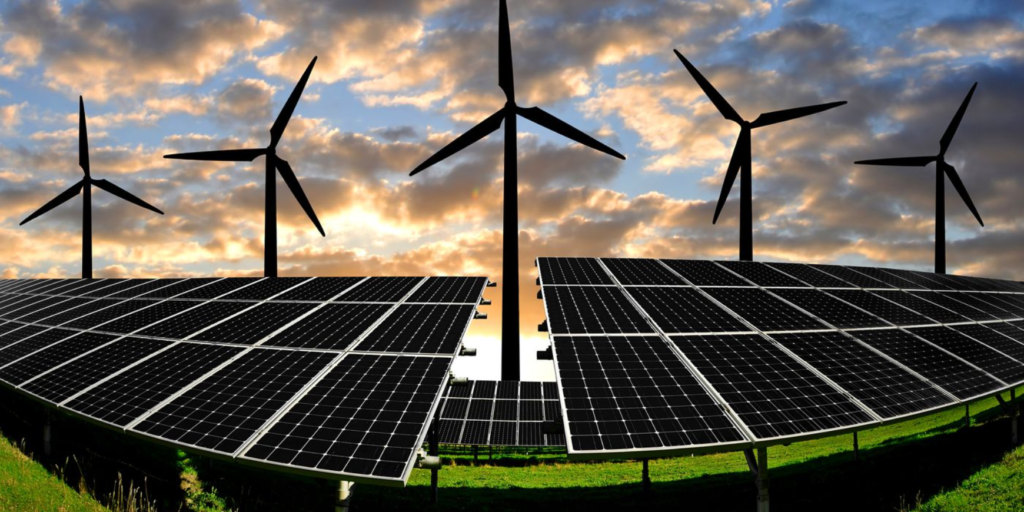Climate Change Mitigation:
The use of renewable energy sources such as wind, solar, and hydropower can significantly reduce greenhouse gas emissions. By reducing our reliance on fossil fuels, we can help mitigate climate change and its associated risks, such as sea level rise, more frequent and intense natural disasters, and changes in weather patterns.
Energy Security:
The use of renewable energy sources can improve energy security by reducing our dependence on foreign sources of energy. With renewable energy sources, countries can generate their own electricity and become more self-sufficient.
Improved Public Health:
The use of renewable energy sources can also lead to improved public health. Air pollution from burning fossil fuels can lead to respiratory problems, heart disease, and other health issues. By switching to renewable energy, we can reduce air pollution and improve public health.
Economic Benefits:
The development of renewable energy sources can also provide economic benefits, such as job creation and increased economic activity in rural areas. As renewable energy technology becomes more advanced and widespread, it is likely to become more cost-effective, leading to further economic benefits.
Reduced Environmental Impact:
The use of renewable energy sources can also reduce our impact on the environment. For example, hydropower does not produce greenhouse gas emissions, and wind turbines and solar panels have a much smaller environmental footprint than traditional power plants.
renewable energy has the potential to make our future safer by mitigating climate change, improving energy security, improving public health, providing economic benefits, and reducing our impact on the environment. By continuing to invest in renewable energy technology and infrastructure, we can build a more sustainable future for ourselves and future generations.

